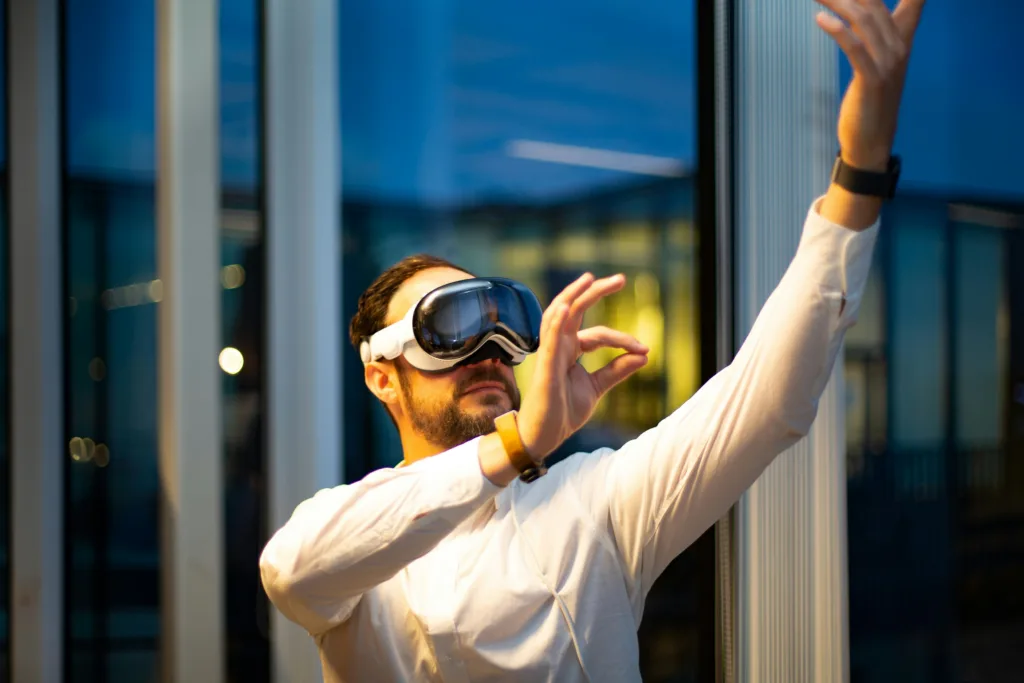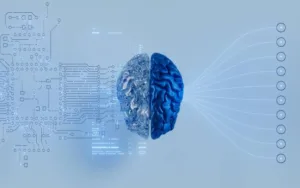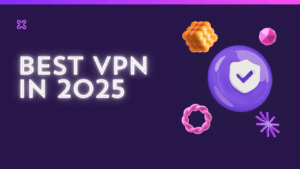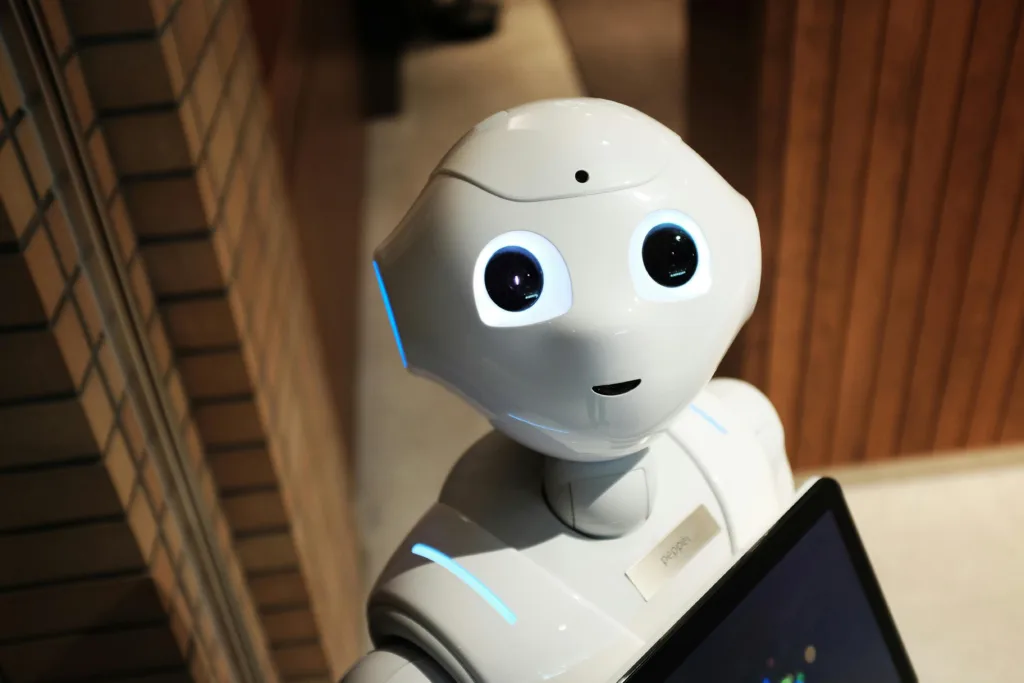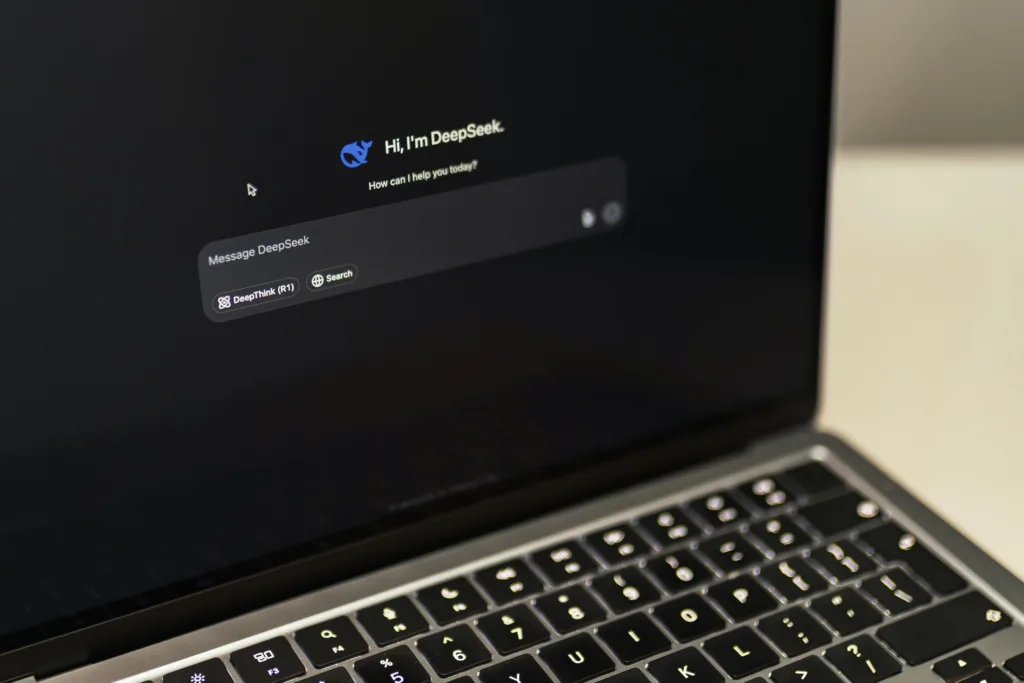
If you’ve ever wished your productivity apps could actually do the work for you — not just help you organize it — that wish is quickly becoming reality. The era of AI agents and autonomous workflows is transforming how we manage tasks, projects, and even creative work. We’re no longer just using tools; we’re collaborating with digital teammates.
From Tools to Teammates: What Are AI Agents?
Traditional productivity apps — like Trello, Asana, or Notion — rely on you to set rules, update data, and track progress. AI agents, however, are a different breed.
An AI agent is a system that can act autonomously toward a goal. It doesn’t just follow pre-written commands — it plans, decides, and executes tasks based on context and feedback. Think of them as mini digital coworkers who understand your objectives and take initiative.
For example:
- A marketing AI agent could analyze campaign data, suggest adjustments, and even generate new ad copy.
- A recruiting agent might screen resumes, schedule interviews, and provide shortlists based on past hiring decisions.
- A coding agent could debug your code or build small components after understanding your project’s logic.
The key difference? You tell it what outcome you want, not how to do it.
Autonomous Workflows: A New Layer of Automation
AI agents thrive inside autonomous workflows — interconnected processes where multiple AI tools coordinate to complete complex tasks without human micromanagement.
For example, an autonomous workflow in a product team might look like this:
- The AI research agent scans the web for competitors’ features.
- The content agent writes a summary report and sends it to Notion.
- The task management agent creates action points for the team.
- The meeting scheduler agent books a review session for next week.
All of this happens automatically, triggered by one initial prompt or recurring schedule.
It’s not about replacing humans — it’s about eliminating repetitive coordination work so people can focus on strategy, creativity, and innovation.
The Tech Behind the Shift
The rise of AI agents is powered by a few key breakthroughs:
- Large Language Models (LLMs): Systems like GPT-5 and Claude can now understand and generate natural language with near-human accuracy, making conversation-style instructions possible.
- APIs and Integrations: Tools like Zapier, Make (formerly Integromat), and LangChain enable agents to connect with calendars, CRMs, spreadsheets, and databases — letting them “act” in the digital world.
- Memory and Context Windows: Modern AI agents can now remember user preferences, previous steps, and context across tasks, making them more reliable and consistent.
- Reinforcement Learning and Feedback Loops: Agents improve their behavior based on outcomes, gradually learning what works best for you or your team.
This tech stack creates a foundation for self-managing digital ecosystems — where humans simply supervise the flow instead of controlling every detail.
Real-World Applications: Where AI Agents Are Already Thriving
The shift isn’t theoretical. AI-driven workflows are already reshaping industries:
Knowledge Work
- Agents summarize meeting notes, draft documents, and manage follow-ups.
- They detect bottlenecks in team collaboration tools and suggest optimizations.
Operations & Admin
- AI automates invoice processing, email sorting, and customer service replies.
- Agents manage logistics, tracking, and procurement without constant oversight.
Software Development
- Autonomous coding assistants can write, test, and deploy small features.
- Debugging agents fix common issues in real-time, saving developers hours.
Creative Industries
- Content creation agents can ideate, write, and schedule social media posts.
- Video and design agents assist with editing, branding, and A/B testing creative assets.
According to Gartner’s 2025 forecast, by 2026 nearly 40% of large organizations will deploy AI agents in at least one business function, while productivity software adoption will grow by over 60% among small and mid-sized teams.
Benefits: Why Teams Are Embracing Autonomous Workflows
- Massive Time Savings – Routine tasks that took hours now run in minutes.
- Fewer Errors – AI ensures consistency and data accuracy.
- Better Focus – Humans can dedicate time to strategy and problem-solving.
- Scalability – Adding new “digital teammates” is faster than hiring.
- 24/7 Operation – Agents don’t need breaks or sleep — they just keep working.
A McKinsey report shows that companies using AI-driven workflow automation increase productivity by 20–30% in the first six months. For startups, this is the difference between scrambling and scaling.
Challenges and Ethical Considerations
Of course, giving AI this much autonomy raises valid concerns:
- Accountability: Who’s responsible if an agent makes a bad decision?
- Data Security: AI needs access to sensitive data to perform tasks.
- Over-Automation: Without human oversight, agents can amplify mistakes.
- Job Shifts: While agents replace some tasks, they also create demand for new roles — AI operations managers, prompt engineers, and automation architects.
The takeaway? Human-in-the-loop design remains crucial. AI should enhance, not replace, human judgment.
The Future: From Assistants to Collaborators
Today’s AI agents are like early interns — helpful, fast learners, but needing supervision. In a few years, they’ll evolve into trusted collaborators that anticipate your needs and work seamlessly across platforms.
Imagine:
- Your personal AI project manager prioritizes your week based on company goals.
- Your creative agent drafts new campaigns while analyzing engagement data.
- Your AI scheduler adjusts meetings around your energy levels and focus patterns.
This future isn’t decades away — it’s already unfolding across productivity ecosystems like Notion AI, ClickUp Brain, Reclaim AI, and Microsoft 365 Copilot.
Final Thoughts
The future of productivity isn’t about more apps — it’s about apps that think, act, and evolve with you. AI agents and autonomous workflows represent a massive leap toward frictionless work, where humans set direction and AI handles execution.
If 2020s were about remote work and digital collaboration, the next decade will be defined by autonomous collaboration — humans and AI working side-by-side to make work not only faster but smarter
Explore other articles:
The AI Revolution in Healthcare: 2025’s Defining Breakthroughs
